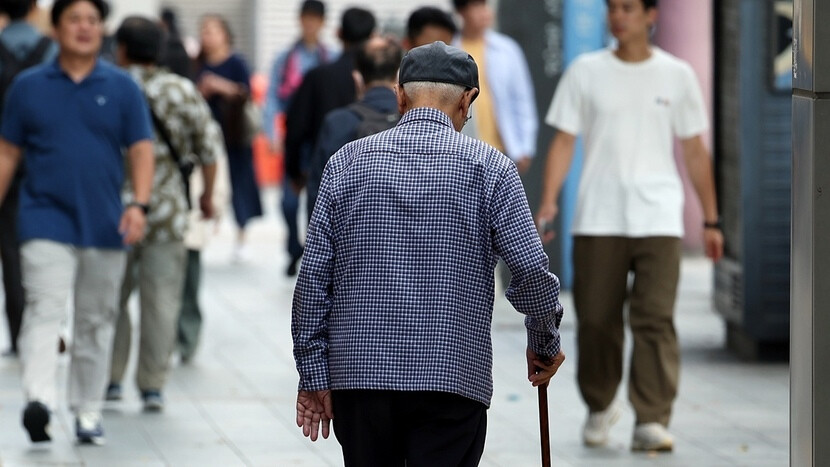
Seoul, South Korea – South Korea has officially entered a super-aged society, with individuals aged 65 and over now accounting for 20% of the total registered population, according to data released by the Ministry of the Interior and Safety on December 24.
As of the previous day, the number of South Koreans aged 65 or older reached 10,244,550, representing 20% of the total registered population of 51,221,286. The United Nations defines a super-aged society as one where individuals aged 65 or older make up 20% or more of the total population.
The aging population is more pronounced among women, with 22.2% of women aged 65 or older compared to 17.8% of men, reflecting a gender gap of 4.4 percentage points.
Regionally, the non-metropolitan areas exhibited a higher proportion of elderly individuals, with 22.4% of the population aged 65 or older, compared to 17.7% in the metropolitan area. Among provinces, Jeollanam-do recorded the highest proportion of elderly residents at 27.18%, followed by Gyeongsangbuk-do (26.00%), Gangwon-do (25.33%), Jeollabuk-do (25.23%), Busan (23.87%), and Chungcheongnam-do (22.23%). In contrast, the lowest proportion was observed in Sejong City at 11.57%, while Seoul recorded 19.41%.
Kim Min-jae, Vice Minister of the Interior and Safety, emphasized the urgent need for comprehensive and systematic measures to address the rapidly aging population. "As the proportion of individuals aged 65 and over has surpassed 20%, it is imperative to establish a dedicated government department to tackle this issue," Kim stated.
The rapid aging of South Korea's population presents significant challenges to the country's social security system and economy. Experts warn that the government must take immediate steps to ensure the well-being of its aging population and to address the potential labor shortages and economic implications of a shrinking workforce.
[Copyright (c) Global Economic Times. All Rights Reserved.]






























